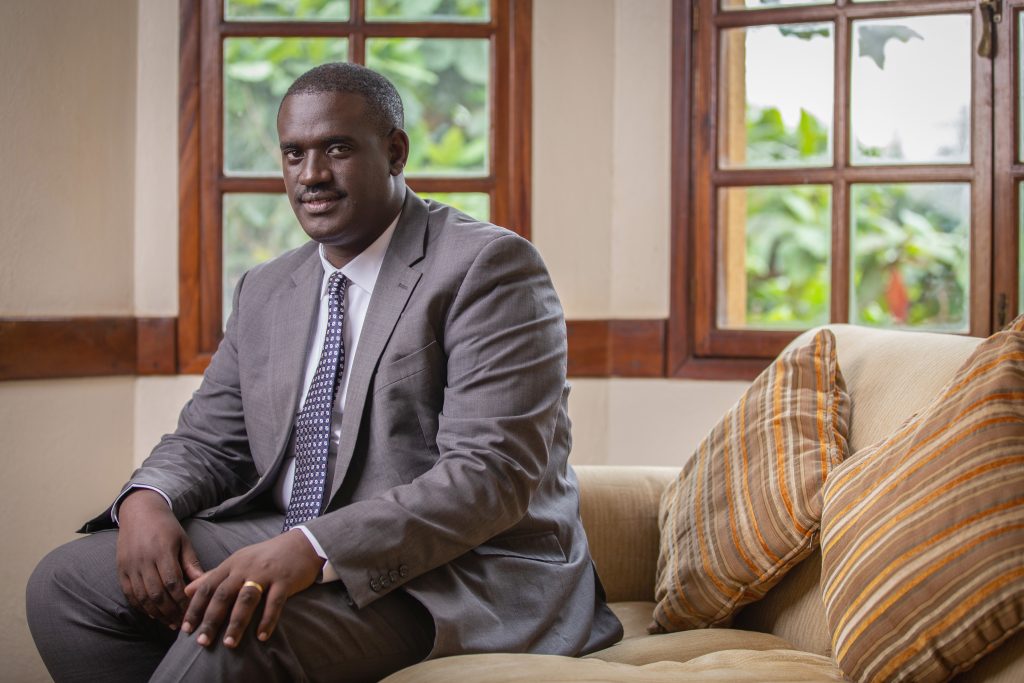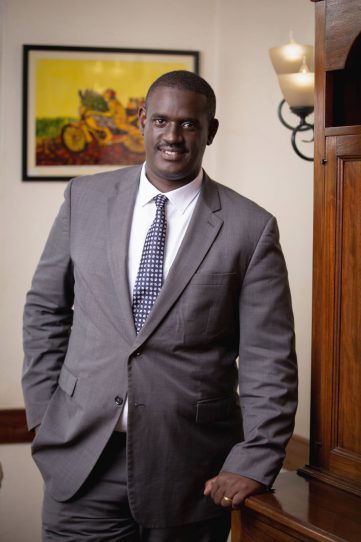The long awaited COP27 ended in the Egyptian coastal city of Sharm El Sheikh on 20th November 2022. The conference was attended by approximately 35,000 people from over 100 countries.
There were many takeaways from COP. Our Ugandan sister the indefatigable Vannessa Nakate took center stage and spoke passionately and persuasively to world leaders from the G7 nations. Her passion for action on climate change is commendable and her incredible ability to speak truth to the most powerful people in the world is admirable. While I have serious concerns about many of her arguments, I salute her work.
The other incredible lady at COP27 was the Minister of Energy Ruth Nankabirwa. She stood her ground on the right of Uganda to sustainably develop her resources. In a clip that went viral, Nankabirwa challenged Pierre Larrouturou, a French member of the European Parliament (MEP) and a key mover of the anti EACOP anti East Africa EU Parliament Resolution. She asked the MEP if he was sponsoring a Resolution challenging those countries that have returned to coal. The answer “offcourse not”. At that point she ended the conversation with a “ok. Goodbye. God bless you.” For standing for Uganda’s right to develop its resources we salute the Minister.
More broadly what happened at COP and why is COP important? The agreements produced at COP are not just binding but are enforced by various global players. This year there was a serious push to “phase out” fossil fuels. There was a push to ensure “no new fossil fuel projects” are implemented. These concepts add legal force and global appeal to an international NGO lobby that is hell bent on stopping projects in Africa. The African projects would be starved of much needed capital and fail to take off. Some actors on the global scene are working hard to conserve poverty in Africa using international instruments.
In 2015 when rich countries agreed to send 100bn dollars to poorer countries the poorer countries thought that their rich neighbours had understood the two global emergencies; the climate emergency and the poverty emergency. The Paris Agreement therefore was signed with a high level of global cooperation and trust. The money obviously has never come. Instead Africa is being asked not to develop its resources to save the climate. Many African policy makers now see some of these pacts as completely raw deals.
Global trust was however totally quashed after COP26 which was held in Scotland. Leaders from wealthy countries insisted on the world taking a firm position against rising emissions. The world was asked to transition from fossil fuels to ensure global temperatures do not rise by 1.5 degrees. At Glasgow a mantra was created; “keep 1.5 alive.” Before the ink could dry on the agreements in Scotland the global North backslid in a spectacular fashion. The UK licensed 100 new oil projects in the North Sea; it allowed coal for the first time in decades; Norway issued 53 new oil licenses; the EU commission funded pipelines; Germany returned to coal; the USA opened federal lands for drilling; Canada lifted sanctions on Russia so that the Russians could repair pipelines. All this was done on account of Putin’s invasion of Ukraine. Africans understood that many of our friends in the West valued energy security over climate commitments. As the rich countries backslid where were the global climate evangelists? They were busy fighting EACOP.
At COP27 leaders from the developing world dug their feet in. They rejected any idea of phasing out fossil fuels. The EU threatened to walk out if we didn’t keep “1.5 alive”.
German foreign minister Annalena Baerbock complained that “The world is losing valuable time to move towards 1.5 degrees.”
The global North agreed to set up a mechanism to pay for “loss and damage”. Who will pay and how we will be paid is a matter that will come up at the next COP. Many of us are still not holding our breath. However, finally the global south is saying before we see any more virtue signaling from the climate evangelicals, can the global North open its wallet and put the money on the table? I doubt.


